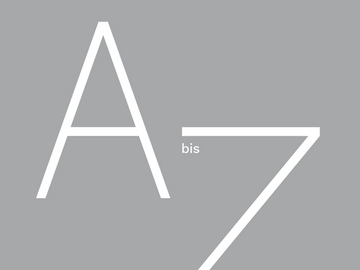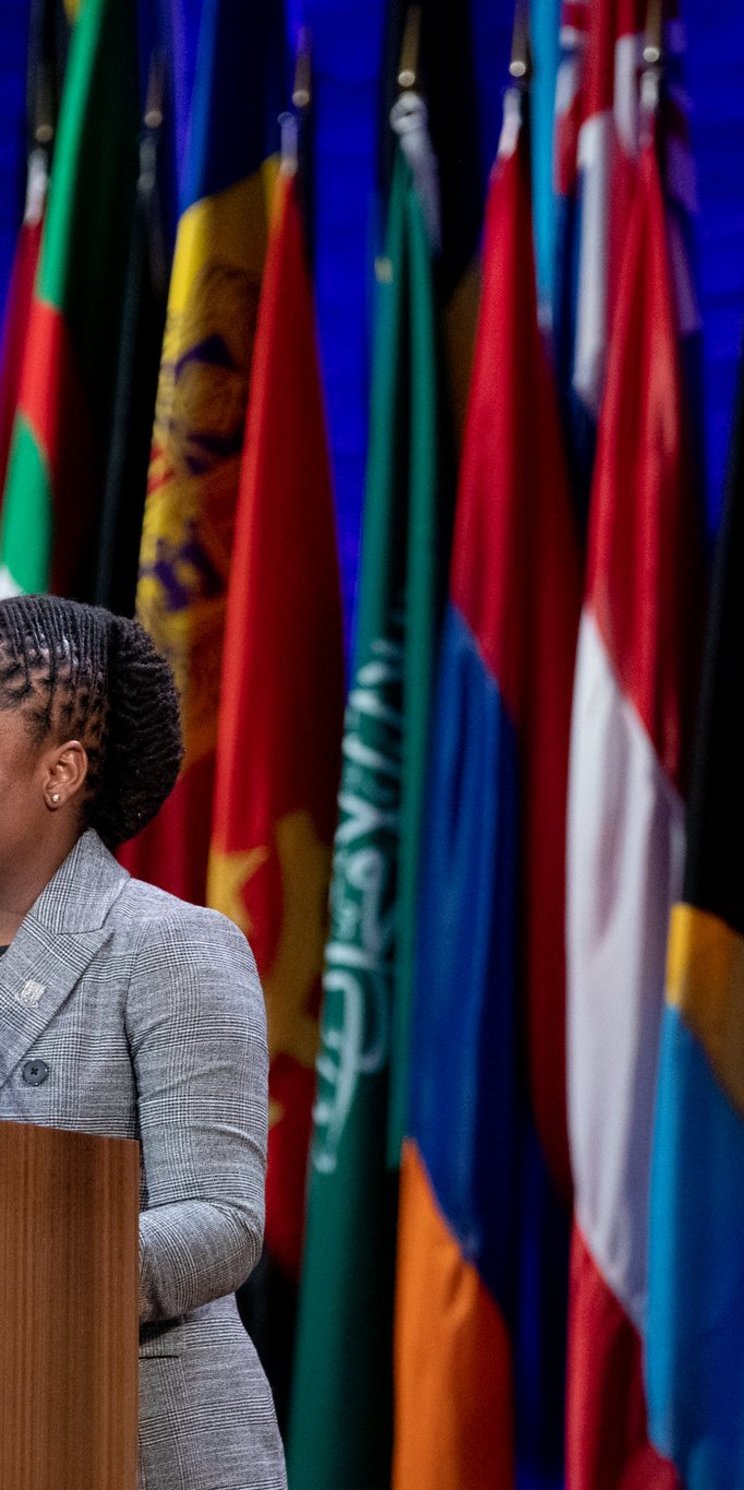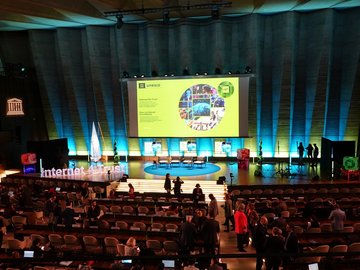
AI systems can make life much easier. For example, translating apps enable us to communicate with others in foreign languages. Recommendation algorithms help us choose from a wide selection of products. But using AI doesn’t come without risks. AI systems can discriminate against women or minorities, violate our privacy or make it easier for bad actors to manipulate media content.
Because AI systems are now used in almost every area of life – in business, the healthcare sector, education, culture and media – the need to develop ethical standards to govern its use has become increasingly urgent. Since most AI systems are used at the global level, we need to engage with international partners to define the ethical guardrails for developing and using AI. In November 2021, the member states of UNESCO passed the first global standard on AI development and usage centred around human rights: The ‘Recommendation on the Ethics of Artificial Intelligence’. The text lays out clear ethical standards for both current and future areas of AI application. In eleven political areas, including education, culture, communication, labour, environment and health, the Recommendation defines concrete goals and policy areas for the governments of the UNESCO member states.
The German Commission for UNESCO supports the implementation of the Recommendation in Germany with particular emphasis on the impacts of AI usage in the four most important policy areas at UNESCO – culture, education, science and communication – in addition to the overarching cross-sectional issues of gender equality and Africa. To this end, the German Commission for UNESCO organises specialist events, produces publications and, in cooperation with experts, develops approaches for dealing with AI in their respective fields.


